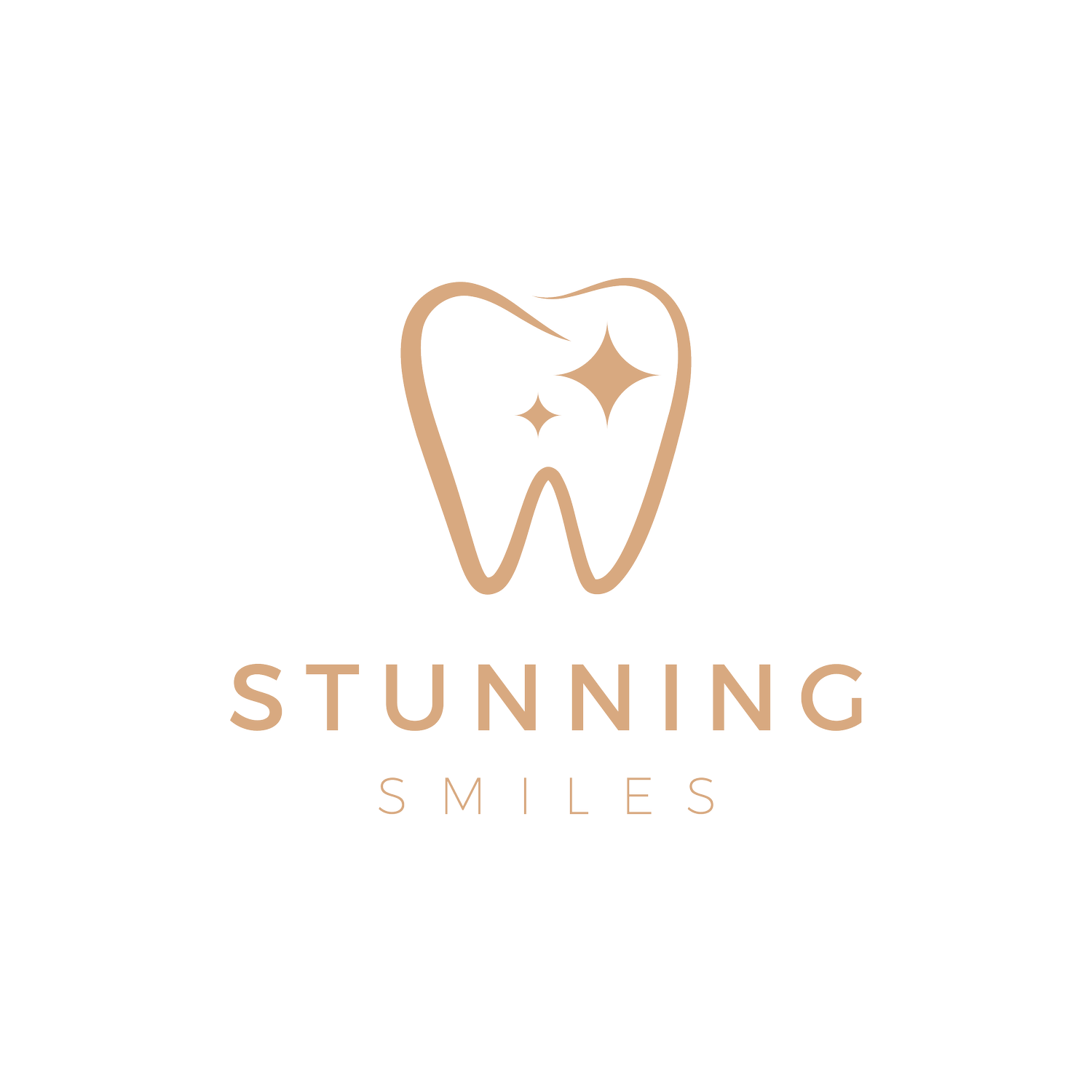Understanding Bruxism: Its Impact on Oral Health and Wellbeing
Bruxism, often referred to as teeth grinding or clenching, is a common yet often underestimated dental condition that affects millions of people worldwide. This involuntary habit typically occurs during sleep but can also manifest during waking hours. While it may seem harmless at first, bruxism can have far-reaching consequences on your overall oral health and general wellbeing. In this blog post, we will delve into the intricacies of bruxism, its causes, symptoms, and the potential impact it can have on your health.
Understanding Bruxism
Bruxism is characterised by the grinding, gnashing, or clenching of teeth, primarily during sleep. It can also occur during periods of stress or concentration while awake, known as awake bruxism. There are two main types of bruxism:
Sleep Bruxism: This is the most common form of bruxism and typically occurs while you are asleep, making it challenging to control or be aware of. Many individuals are unaware of their nocturnal teeth grinding until a partner or dentist brings it to their attention.
Awake Bruxism: Awake bruxism, as the name suggests, happens when you are awake. It is often linked to stress, anxiety, or tension. People with awake bruxism may clench their teeth during the day, often without realizing it.
Causes of Bruxism
The exact causes of bruxism can be multifaceted and vary from person to person. Common contributing factors include:
Stress and Anxiety: High levels of stress and anxiety are often associated with bruxism. The tension and muscle activity associated with these emotions can lead to teeth grinding and clenching.
Malocclusion: Dental misalignment or an improper bite can result in bruxism as the body attempts to find a more comfortable position for the teeth.
Medications and Substances: Certain medications, such as antidepressants and stimulants, can increase the risk of bruxism. Additionally, the use of caffeine, alcohol, or recreational drugs can exacerbate the condition.
Lifestyle Factors: Smoking, excessive alcohol consumption, and high caffeine intake have been linked to an increased risk of bruxism.
Potential sleep related issues like blocked air passages or sleep apnoea.
Symptoms of Bruxism
Recognising the symptoms of bruxism is crucial for early intervention and treatment. Common signs and symptoms of bruxism include:
Worn Down Teeth: Over time, bruxism can lead to the gradual wearing down of tooth enamel, resulting in flat or chipped teeth.
Tooth Sensitivity: As enamel erodes, teeth can become more sensitive to hot and cold temperatures.
Jaw Pain and Muscle Tension: Bruxism often leads to sore jaw muscles, facial pain, and headaches, particularly in the morning.
Earaches: The excessive pressure exerted during teeth grinding can sometimes radiate pain to the ears.
Disrupted Sleep: Both the person with bruxism and their sleep partner may experience disrupted sleep due to the noise of grinding.
The Impact of Bruxism on Oral Health
Bruxism can have a significant impact on your oral health and overall wellbeing:
Tooth Damage: The constant grinding and clenching can wear down tooth enamel, leading to tooth sensitivity, fractures, and even tooth loss in severe cases.
Jaw Disorders: Bruxism places excessive strain on the jaw joint (temporomandibular joint), potentially resulting in temporomandibular joint disorder (TMD). This can cause pain, clicking, and restricted jaw movement.
Headaches and Facial Pain: The muscle tension and pressure from bruxism often lead to headaches, facial pain, and earaches, negatively affecting your daily life.
Sleep Disturbances: Bruxism can disrupt your sleep and that of your bed partner, leading to fatigue and diminished overall wellbeing.
Treatment and Management
Fortunately, there are various approaches to managing bruxism and its impact on your oral health:
Dental Splints or Nightguards: Custom-made dental splints or nightguards can be worn while sleeping to protect your teeth from grinding and clenching.
Stress Management: Learning stress-reduction techniques, such as meditation, yoga, or counseling, can help reduce the frequency and intensity of bruxism episodes.
Behavioral Therapy: Cognitive-behavioral therapy (CBT) can be effective in addressing the underlying emotional causes of bruxism, especially in cases of awake bruxism.
Medication: In severe cases, your dentist or healthcare provider may prescribe muscle relaxants or anti-anxiety medications to alleviate bruxism symptoms.
Botox: injections of botulism toxin in the main facial masticatory muscles like the masseter to minimise it’s over activation and reduce forces created when bruxing.
Bruxism is a common yet often overlooked dental condition that can have far-reaching consequences on your oral health and overall wellbeing. Recognizing the signs and symptoms, understanding the potential causes, and seeking timely treatment and management are essential steps in mitigating the impact of bruxism. If you suspect that you or a loved one may be grinding their teeth, don't hesitate to consult a dentist or healthcare provider for guidance and a personalised treatment plan to protect your smile and your overall health.

